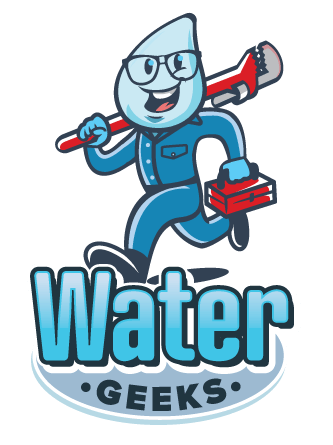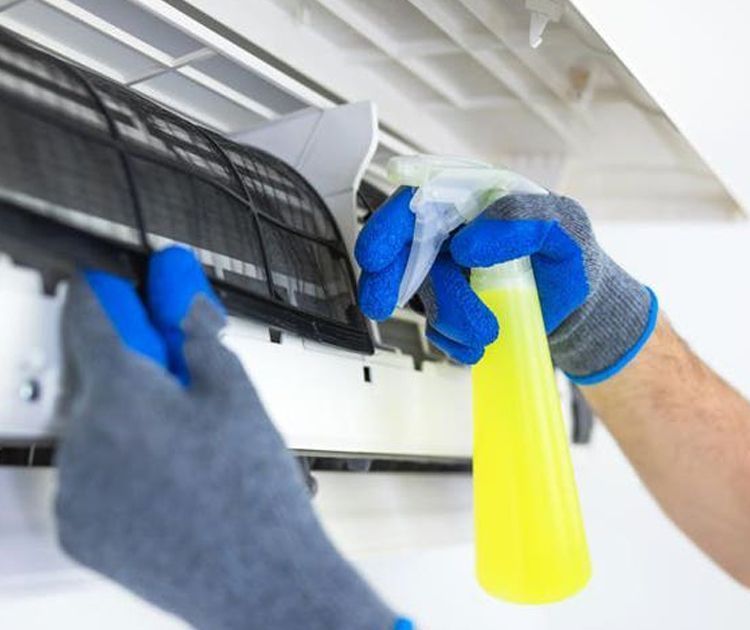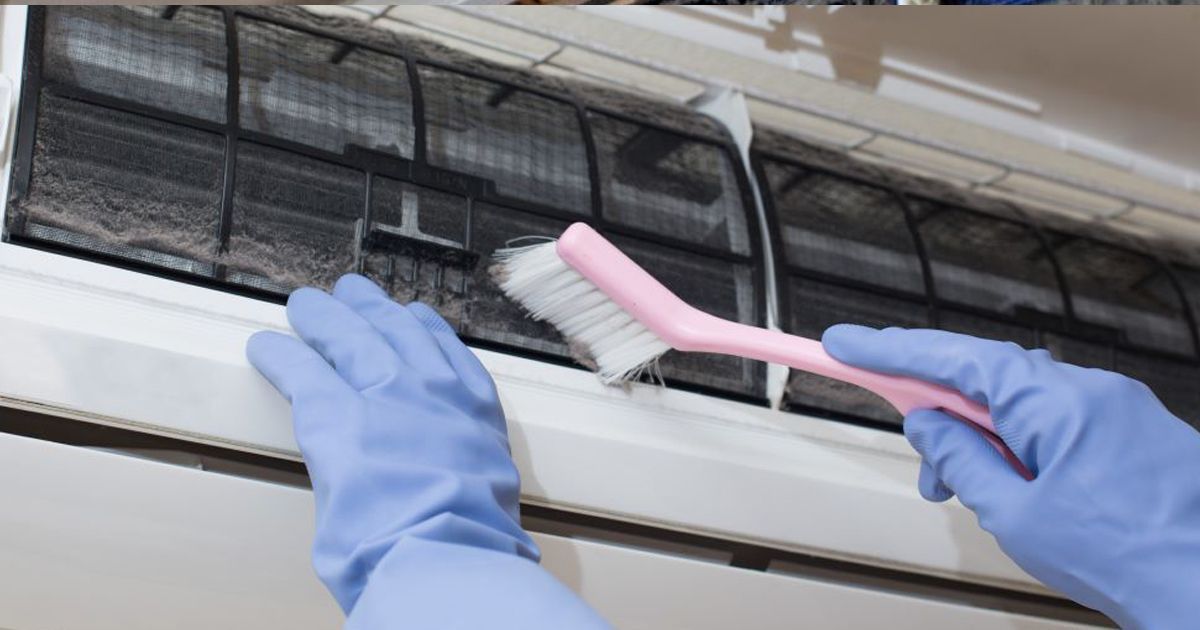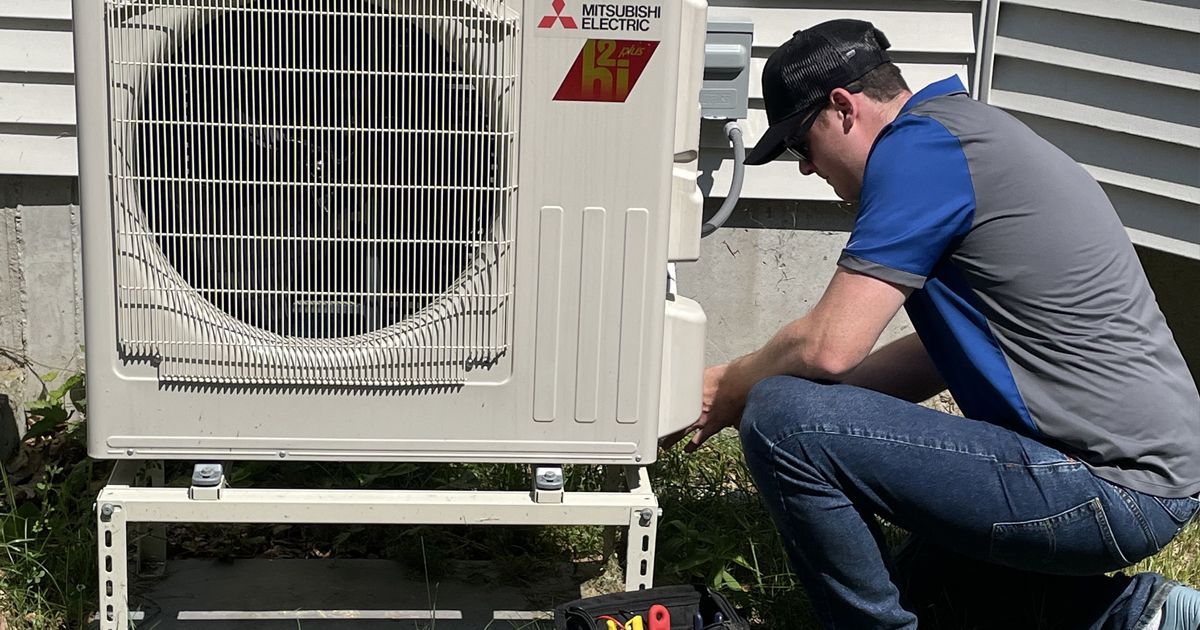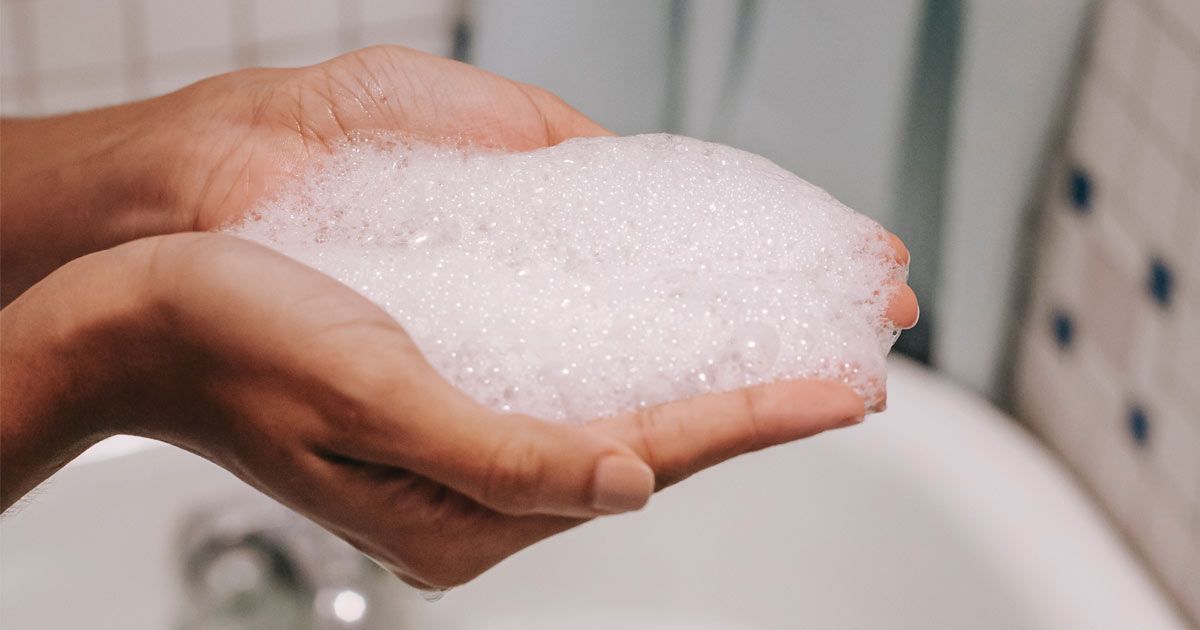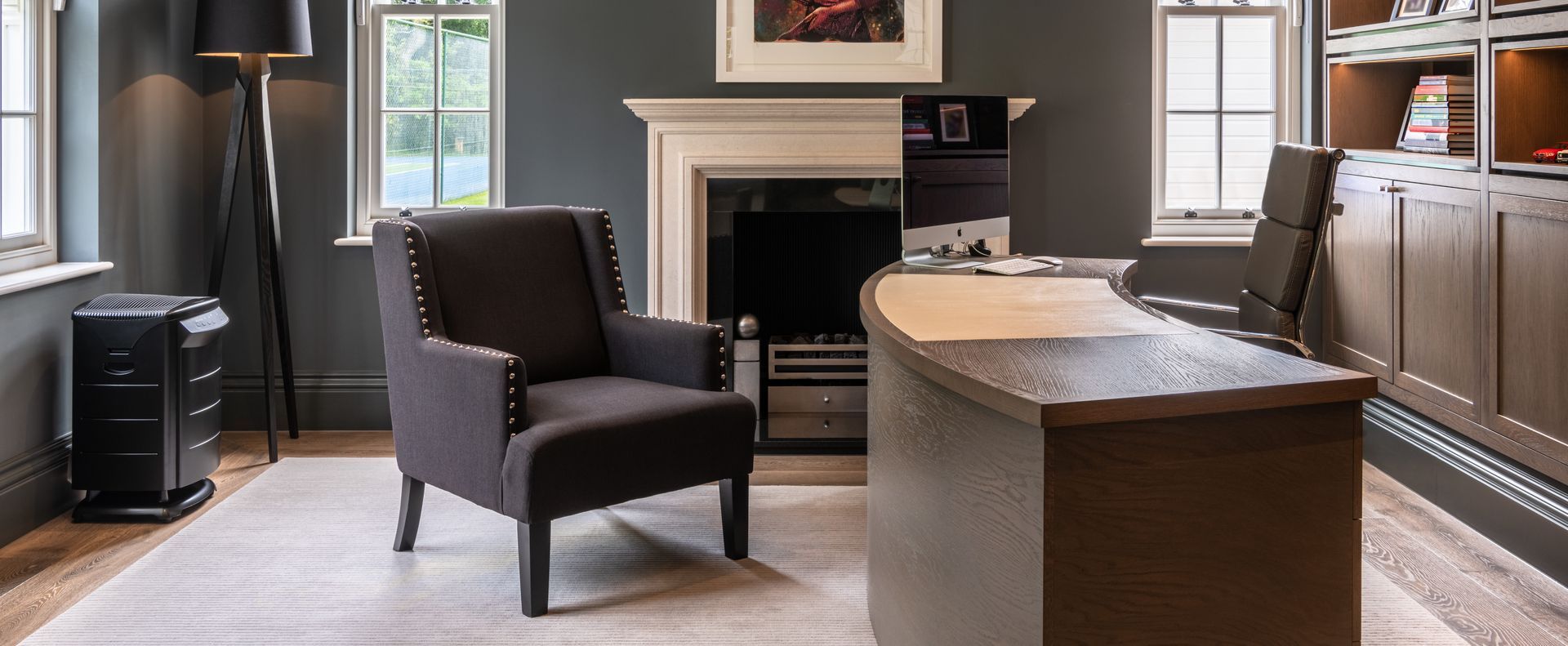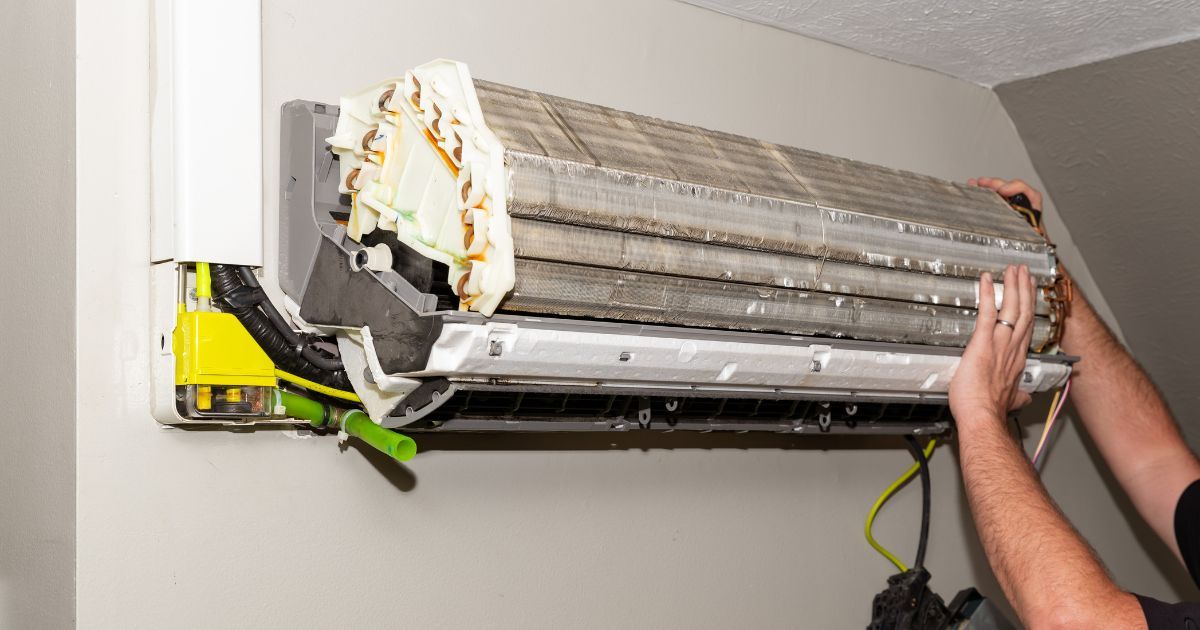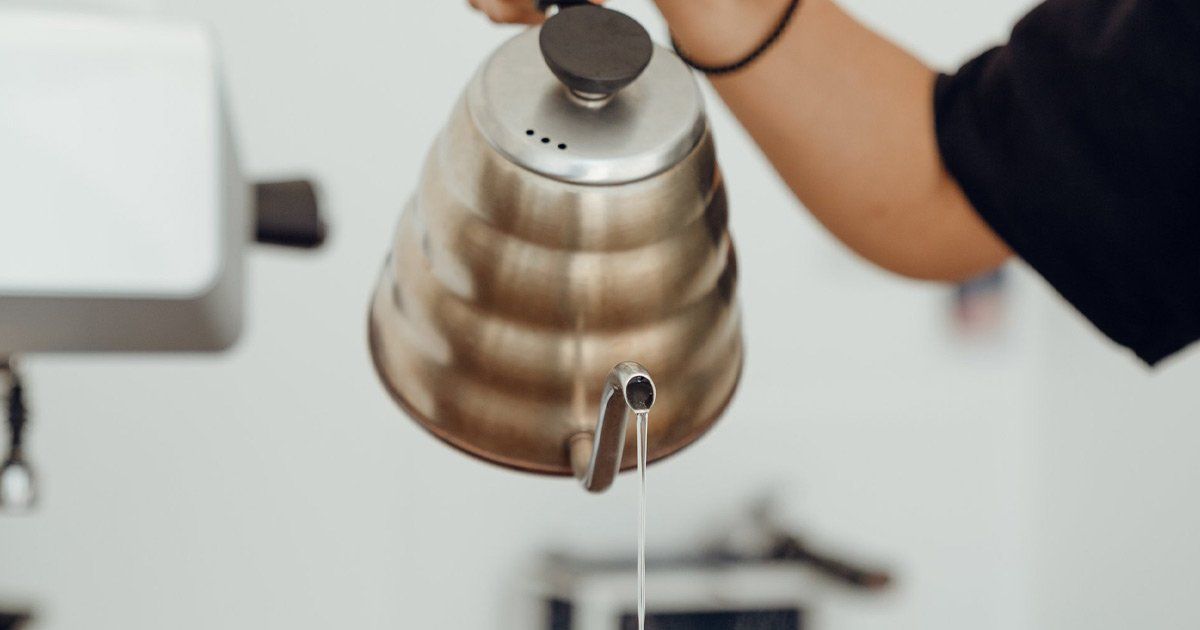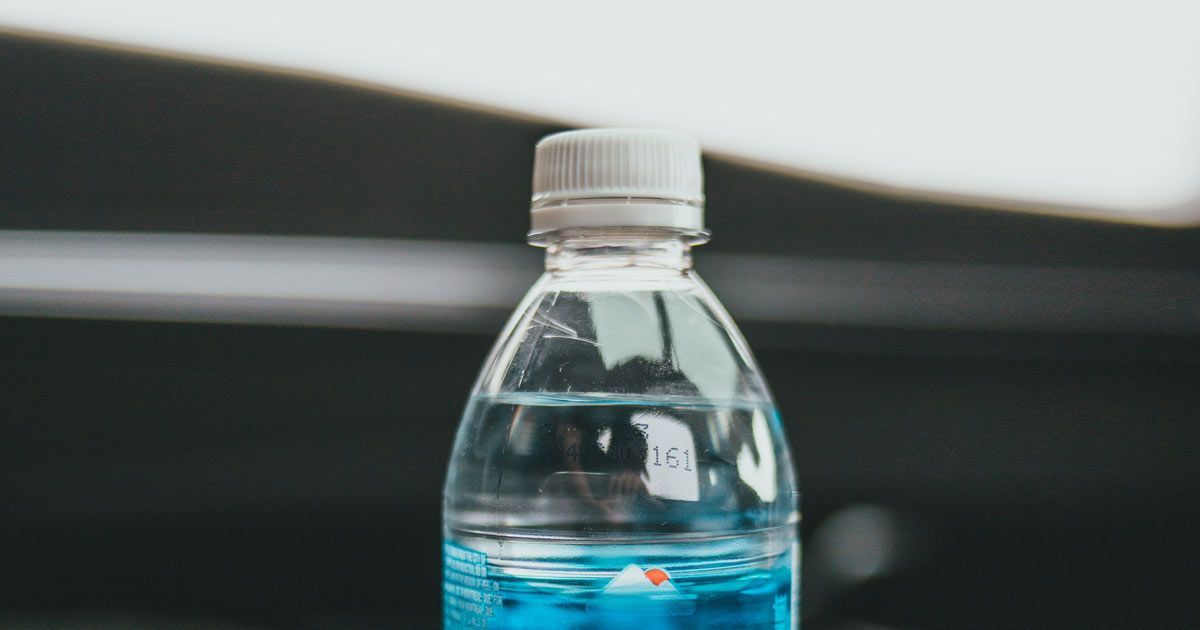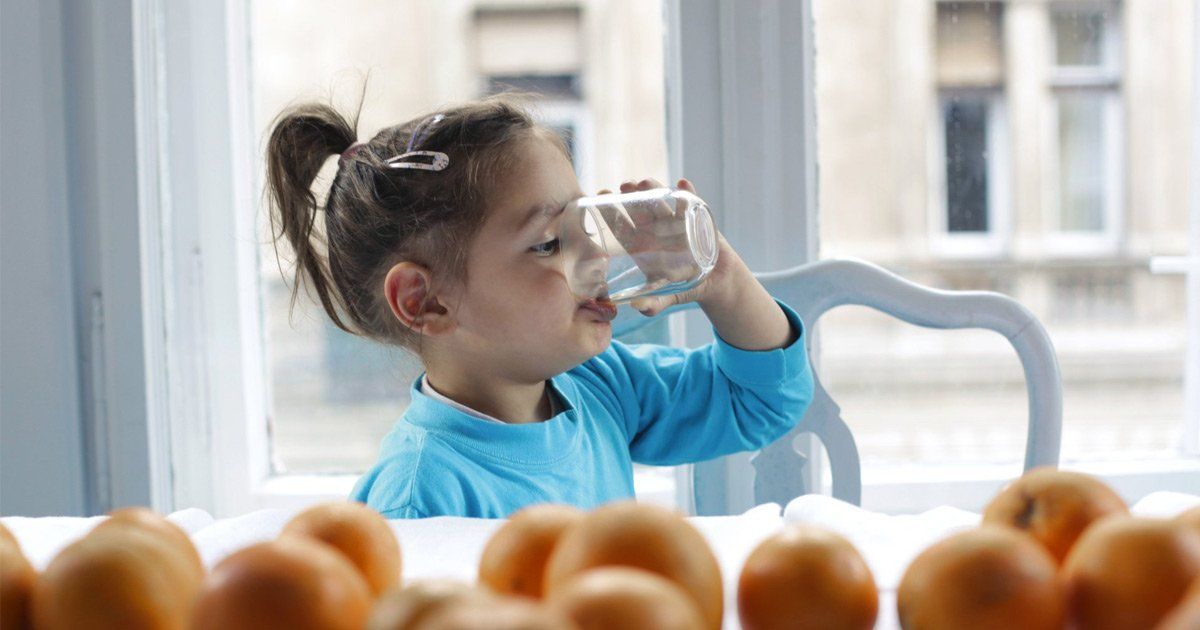Bottled Water vs. Reverse Osmosis
Choosing the Right Water: A Comparison of Bottled Water and Reverse Osmosis Systems
Clean and safe drinking water is essential for our health and well-being. However, the quality of tap water can vary significantly depending on your location. To ensure that you and your family have access to pure and healthy water, many people are turning to home water filtration systems.
In this article, we will explore the benefits of the home water filtration process and compare the cost of bottled water with that of a popular filtration method known as Reverse Osmosis (RO).
Improved Water Quality
One of the primary benefits of having a reverse osmosis filtration system ability to improve the quality of your tap water. Municipal water supplies often contain impurities such as chlorine, lead, bacteria, pesticides, and other contaminants.
Also while bottled water is generally expected to be clean and tasteless, various factors can contribute to an unpleasant taste experience. The source of the water, packaging materials, treatment processes, and storage conditions can all play a role in altering the taste.
People have more control over their quality of water with a reverse osmosis system. A home filtration system, particularly an RO system, can effectively remove these harmful chemicals, providing you with cleaner and safer water for drinking and cooking.
Cost Savings
While the initial investment in a home water filtration system may seem significant, it can lead to substantial cost savings in the long run compared to buying bottled water. Bottled water is not only expensive, but it also contributes to plastic waste and environmental pollution. By investing in a home filtration system, you can significantly reduce or eliminate the need to purchase bottled water, saving you money and reducing your carbon footprint.
Convenience
Another advantage of home water filtration is the convenience it offers. With a filtration system installed in your home, you have access to clean and filtered water at any time, without the need to store or carry heavy plastic water bottles. This convenience is especially beneficial for households with high water consumption or individuals who lead active lifestyles and need easy access to clean water.
Health Benefits
Drinking clean and filtered water is essential for maintaining good health. Home water filtration systems, particularly RO systems, can effectively remove harmful contaminants, providing you with water that is free from impurities. This can help protect against waterborne diseases and reduce the risk of exposure to chemicals and heavy metals that may be present in tap water.
Additionally, having access to clean water at home encourages proper hydration, which is vital for overall health and well-being.
Environmental Impact
Plastic bottle manufacturing, shipping, and disposal add to waste and environmental damage. Many often, plastic bottles are not recycled correctly and wind up in landfills or the ocean, harming ecosystems and marine life. Selecting bottled water generates more plastic waste and harms the environment.
Reverse osmosis systems, on the other hand, do away with the requirement for single-use plastic bottles, minimizing plastic waste and fostering sustainability. People may help reduce their carbon footprint and safeguard the environment for future generations by selecting a reverse osmosis system.
Now, let's delve into the cost comparison between bottled water and a home water filtration system like Reverse Osmosis:
Cost of Bottled Water
The cost of bottled water can quickly add up, especially if you consume it regularly. On average, a single bottle of water can range from $0.50 to $2.00, depending on the brand and size. If you multiply this cost by the number of bottles consumed by your household over a month or year, it becomes apparent that the expenses can be significant. Moreover, purchasing bottled water is an ongoing expense that accumulates over time.
Bottled Water is more expensive than a gallon of gasoline and sometimes just as safe. It is as much as 3000X more expensive than tap water.
| Bottled Water Cost | Pure Water Cost | Saving $ | Saving % | |
|---|---|---|---|---|
| Daily | $2.75 | $0.08 | $2.66 | 97% |
| Yearly | $990.00 | $377.16 | $612.84 |
That’s right. You are paying 97% more than you should be. Bottled water costs about $970 per person. Our Filter will deliver better healthier water and a single person could save up to $612.84 per year. And a bigger household saves so much more.
For a family of four, that’s a saving of $3522 a year just by installing a pure water filter in your home
Savings and health benefits are even greater with a Whole House Filter.
Cost of Reverse Osmosis (RO) Systems
While the initial investment for a quality RO system can range from $200 to $500, the cost is typically a one-time expense. RO systems require periodic filter replacements, which can range from $50 to $150 annually, depending on the brand and quality of the filters. However, when compared to the cumulative cost of bottled water, the expenses associated with an RO system are significantly lower in the long run.
Considering the cost savings, improved water quality, convenience, and health benefits, a home water filtration system like Reverse Osmosis proves to be a worthwhile investment for many households. It provides a reliable and cost-effective solution for obtaining clean and safe drinking water without contributing to plastic waste.
Conclusion
In conclusion, investing in a home water filtration system, particularly Reverse Osmosis, offers numerous benefits compared to buying bottled water. It not only improves the quality of your tap water but also saves you money, enhances convenience, and promotes better health. By making the switch to home water filtration, you can enjoy the peace of mind that comes with knowing you and your family are drinking water that is free from harmful contaminants.
